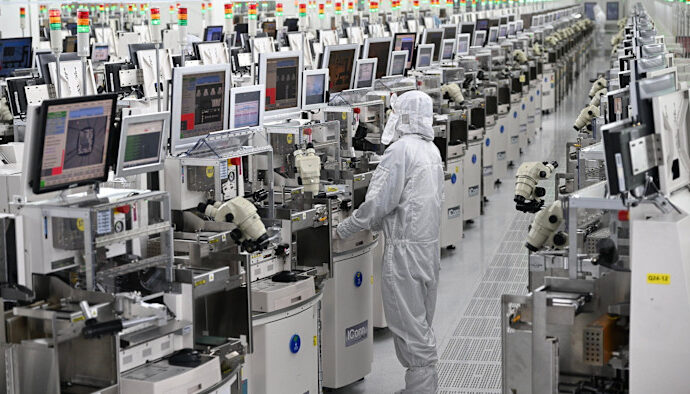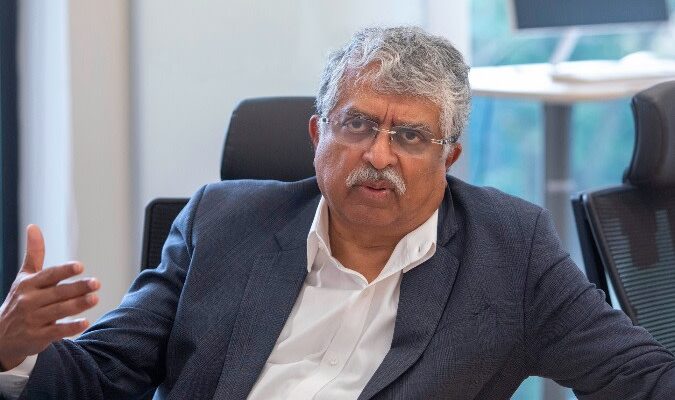
Stay informed with free updates
Simply sign up to the Electric vehicles myFT Digest — delivered directly to your inbox.
China’s electric vehicle champion BYD reported lower than expected earnings for the second quarter, hit by Beijing’s crackdown on aggressive discounting and long-term supplier payment practices.
The Shenzhen-based company’s net income dropped nearly 30 per cent to Rmb6.4bn ($897mn), missing analysts’ expectations of Rmb10.7bn. The carmaker recorded a 14 per cent annual rise in revenue to Rmb201bn in the three-month period, falling short of consensus forecasts of Rmb220bn.
BYD promised in June to more than halve payment times to suppliers to 60 days, after Chinese regulators warned a dozen of domestic car manufacturers against aggressive price cuts and mounting unpaid bills. BYD has long been criticised by suppliers for its long payment terms and issuance of promissory notes as an alternative to cash.
The price war in China’s EV market has also cooled off, as the country’s top officials recently launched a counteroffensive against aggressive discounting on the back of surging production, known as neijuan. The average discount offered by 11 major carmakers in China, including BYD and Tesla, narrowed to 6.7 per cent in early August from a peak of 8 per cent in the second half of June, according to Citi analysts.
The auto sector has been among the key targets in Beijing’s campaign against neijuan. The price cuts have been adding to China’s stubborn deflationary pressures, one of China’s key economic problems, and fuelling tensions with the country’s biggest trading partners as companies turn to exports.


